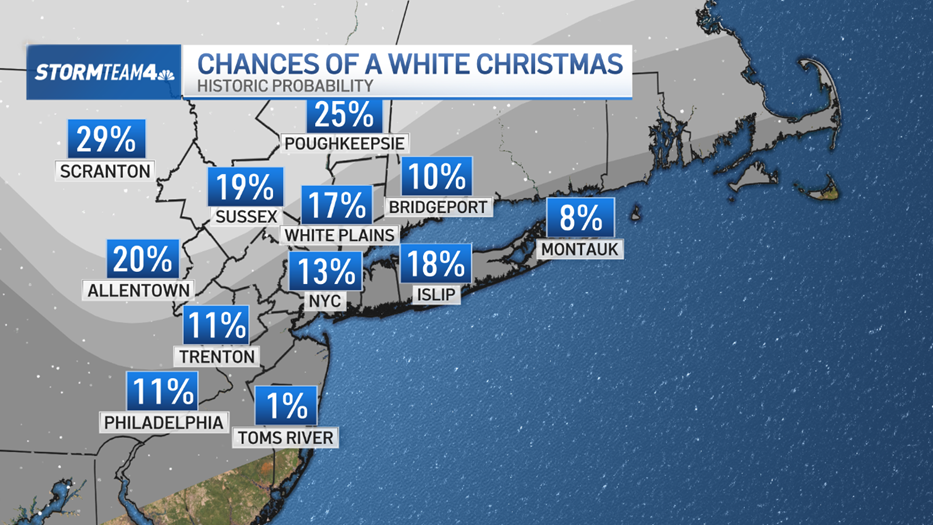With rifles out, members of the NYPD’s Elite Emergency Services Unit have boarded a train in search of an armed suspect.
Another detective cuts through cement in search of a buried person.
“Police! Get down!” an ESU A-Team detective screams as he bursts through a door to execute a search warrant.
It's all a drill at the ESU specialized training school at Floyd Bennett Field, overseen by Chief Wilson Aramboles.
Get Tri-state area news delivered to your inbox.> Sign up for NBC New York's News Headlines newsletter.
"We do eight months of training and some of these individuals are very professional. They are some of the best. What we do is a tactical component of the NYPD," he said.
Aramboles, or "Rambo", knows this firsthand. He's a former ESU detective, sergeant, and captain.
"We deal with a lot of barricade hostage negotiations. If it's an active shooter, we deal with that. We also are the No. 1 hazmat team in New York city as the rescue component. We also deal with rescues such as car extrications," he said. "We also do emotionally disturbed people that are on top of the roof."
News
Aramboles is the highest-ranking Dominican officer in the NYPD.
"I came from Dominican Republic at the age of 10. So when I got to the Lower East Side. That neighborhood was, was very congested with narcotics and also a lot of crime that was concurring in that area. It was tough growing up in that area," he said.
Something he experienced personally when his own mother was robbed while he was growing up on Avenue D in the East Village.
"I informed my mother that I wanted to become a police officer. My mother was a little upset because she wanted me to finish college first. So I promised her that I would finish college after I joined the police department, which I did," Aramboles said.
The 33-year veteran of the department walked the beat in the 34th Precinct in Washington Heights, a place where many residents of Dominican-descent call home.
"I was probably one of only two Dominicans in the precinct. Compared to today, right now, there's a large group of Dominican police officers in the 34 Precinct," he said.
And that makes a huge difference since victims of crime or more likely to interact with police officers to speak their language who look like them
"I felt like I was back in Dominican Republic, dealing with the same culture that I know and I was born with. It was really good to help other Dominicans, hard workers that that wanted to improve in life [but I] also had to deal with the Dominicans that were criminals," he said.
Aramboles acknowledges his rise in the department is thanks in part to the trailblazers who came before him, like Carlos Gomez the first Hispanic chief of department who is now retired.
"He opened the door for someone like me to move up in the ranks of the New York City Police Department," he said.
"I see our Hispanic officers moving up within the New York City Police Department such as where I'm at right now and being an example for others to have the opportunity to move up."



